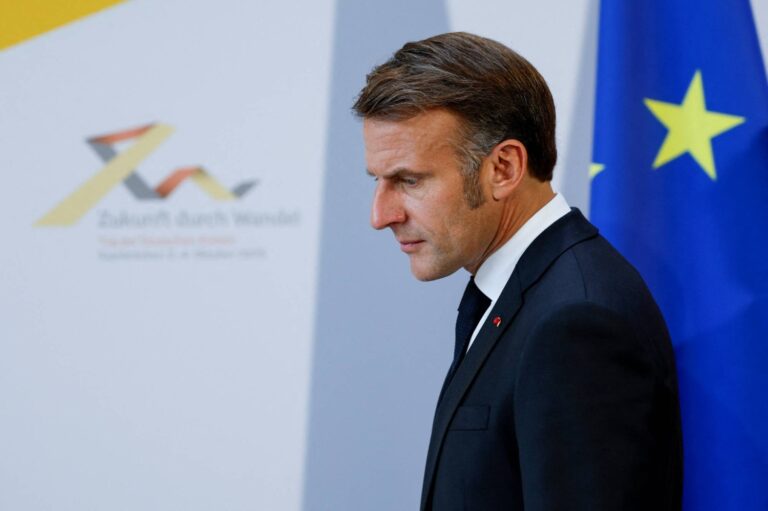
Nigeria’s Minister of State for Petroleum Resources (Oil), Heineken Lokpobiri, has offered a candid assessment of why the country’s oil sector has underperformed and what can be done to reverse the trend. Years of neglect, poor investment, and systemic sabotage have made oil production both challenging and costly, he said.
Speaking at a ministerial press briefing in Abuja, Lokpobiri emphasized that the country is producing well below its potential. Current output hovers around 1.4 million barrels per day—far short of the over 2 million barrels Nigeria has the capacity to produce. Vandalism and underinvestment in infrastructure remain major obstacles slowing recovery. Rebuilding the sector’s capacity, according to Lokpobiri, is now a top priority.
Oil theft continues to deter credible investors. Lokpobiri explained that attracting serious investors is difficult when they risk losing both money and resources. This issue, rooted in years of weak policy and enforcement, has persisted due to inaction by previous administrations. However, the current government is taking firm steps to address the problem.
The ministry is now working closely with security agencies to protect pipelines and vital infrastructure. This collaboration has already produced some positive results, and further improvements are expected. Boosting investor confidence remains central to the oil sector reforms. Lokpobiri noted that Nigeria’s oil sector struggles not because of a lack of resources, but due to failures in maintaining infrastructure and ensuring facility security.
Many oil fields remain untapped due to insecurity and political instability. Repeated attacks and disruptions have pushed most International Oil Companies (IOCs) away from onshore operations. Lokpobiri stressed that reducing these risks is crucial to restoring full production. Increased output, he added, will boost national revenue and help strengthen the economy.
President Bola Tinubu’s administration, according to Lokpobiri, is committed to transforming the sector. He commended the President for creating a more investment-friendly environment. Continued reforms and stronger oversight, he promised, will help Nigeria reclaim its position as a leading oil producer in Africa.
Local communities also have a role to play. Lokpobiri urged residents in oil-producing regions to help safeguard oil assets. Peace and cooperation at the grassroots level, he said, can attract jobs and support local economies. He appealed to young people to resist involvement in sabotage and instead embrace the opportunities that a revitalized oil sector could offer.
Lokpobiri remains optimistic about the future. With consistent policies, better security, and restored investor trust, he believes the oil sector can thrive once again. The government, he assured stakeholders, is fully committed to long-term recovery.
With reforms now in motion and strong support from the highest levels of leadership, the Minister believes Nigeria’s oil sector is on the path to a major comeback.

